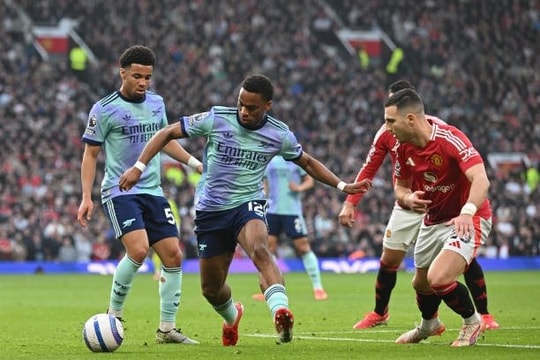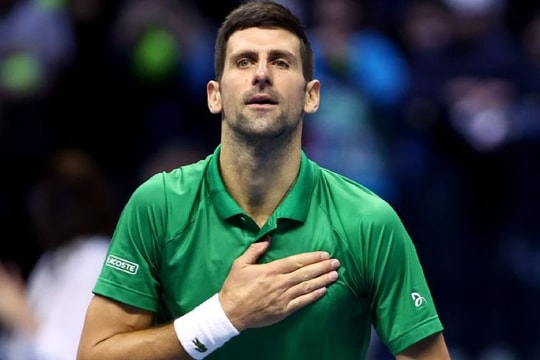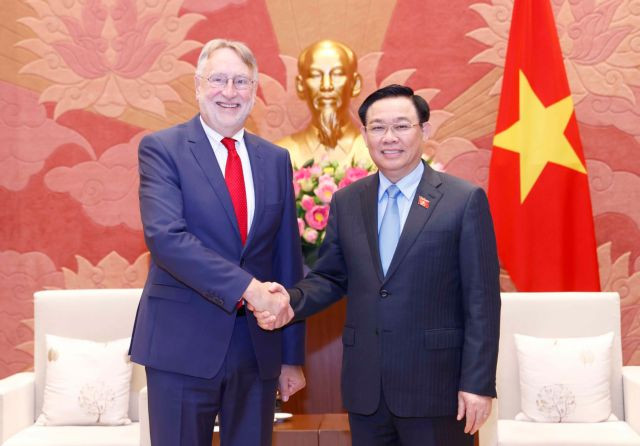
The Vietnamese legislator said despite the serious impacts of the COVID-19 pandemic and disrupted regional and global supply chains, economic and trade ties between Vietnam and the EU were growing well thanks to the EU-Vietnam Free Trade Agreement (EVFTA).
Meanwhile, though the EU-Vietnam Investment Protection Agreement (EVIPA) had been ratified by just 12 EU members and yet to come into force, businesses and investors from the EU were showing interest in the Vietnamese market.
Hue thanked INTA, the European Parliament, and Lange for their considerable contributions to the EVFTA negotiations, ratification, and implementation.
Meanwhile, the INTA Chairman noted the EVFTA provided a solid foundation for new strides in Vietnam-EU relations, and that statistics recorded in the two years since the agreement’s implementation showed its positive economic effects, especially boosting post-pandemic growth.
Regarding the EVIPA, he said the ratification of this deal had been affected by the COVID-19 pandemic. EU member states were now readier to promote the ratification, especially in the current context when they want stability and trustworthy partners.
Chairman Hue affirmed that Vietnam wished to intensify cooperation with the EU and each of the bloc’s members.
He called on the EU to support Vietnam’s candidacy for a seat on the UN Human Rights Council for 2023-25, continue enhancing ties with ASEAN, step up partnerships in energy and climate change to help the country realise its net zero commitments made at UN COP26, and cooperate with Vietnam in digital transformation.
He also recommended the two sides continue frequent information exchanges to deal with problems arising in bilateral trade, especially the export of Việt Nam’s agro-forestry-fishery products to the EU.
Talking about Vietnam’s efforts to eradicate illegal, unreported and unregulated (IUU) fishing, the NA Chairman expressed his hope that the EU would continue sending delegations to directly assess the country’s implementation of relevant recommendations and soon remove the “yellow card” warning issued by the European Commission.
Vietnam, including its parliament, was pushing ahead with realising international commitments in this regard, he stressed, adding this process also needed support from international partners, including the EU.
Huệ also asked for increased discussion about international issues of common concern, particularly the consolidation of global supply chains and the direct supply chain between Vietnam and the EU to help with post-pandemic economic recovery, ensure food security, and stabilise energy prices.
As important partners with mutual trust and respect, they could discuss differences openly via dialogue and cooperation mechanisms, the top legislator noted.
Affirming Vietnam is always a trustworthy partner of the EU, Lange said the country held an important role in the Association of Southeast Asian Nations (ASEAN), and that the EU would be ready to advocate Vietnam’s role at other international organisations.
In terms of CO2 emission reduction, he said he believed that with the same commitment to achieving net zero emissions by 2050, the two sides would have numerous opportunities to cooperate in this field.
He also suggested the two sides increase collaboration in digital transformation both bilaterally and within international cooperation frameworks like the World Trade Organisation (WTO).
The INTA leader said that the EU recognised Vietnam’s efforts to carry out recommendations against IUU fishing and hoped that the “yellow card” warning would be lifted soon.

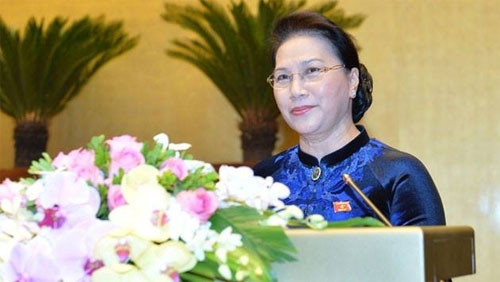
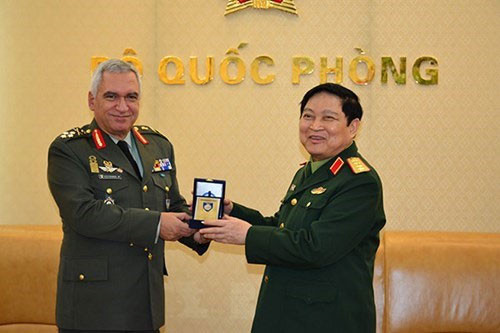
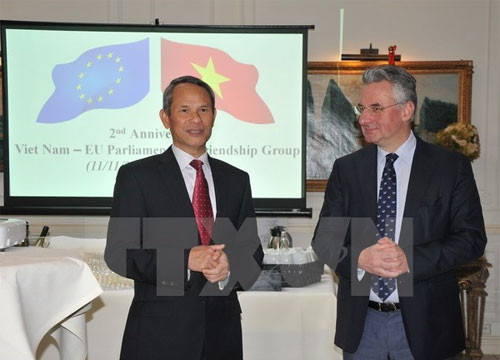
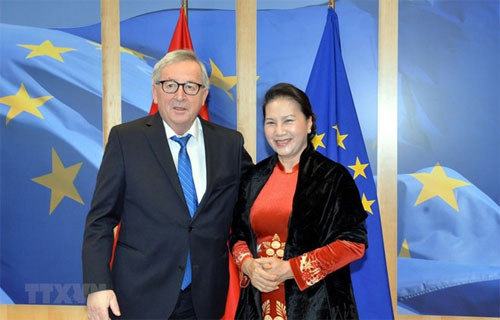
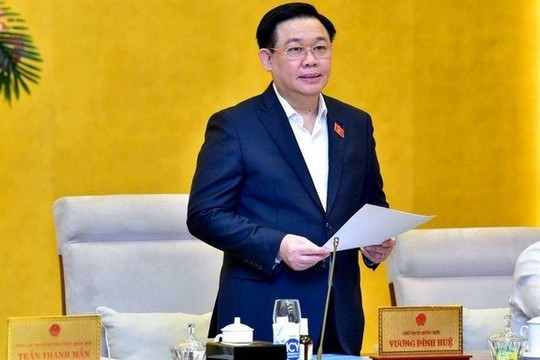

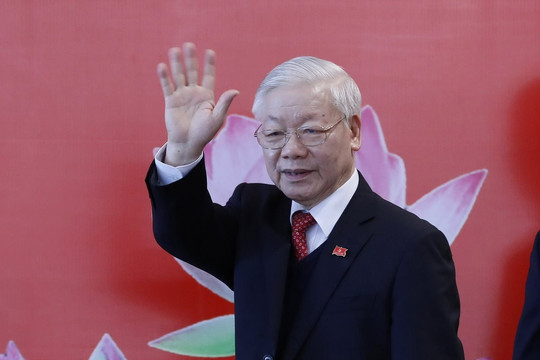
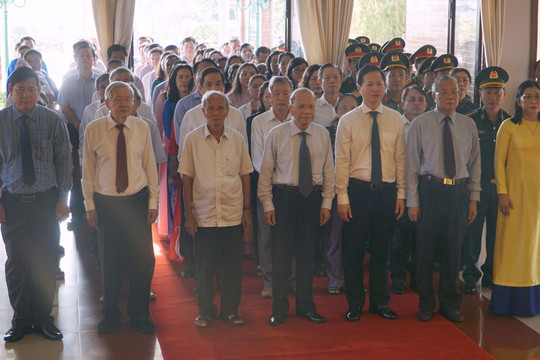
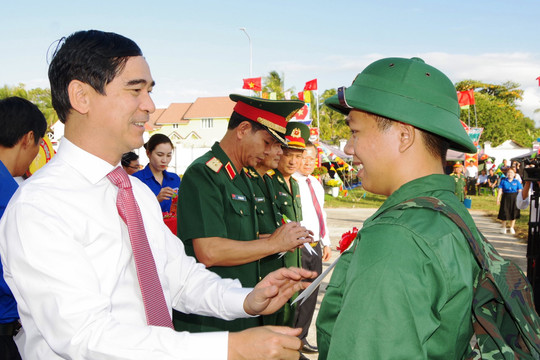

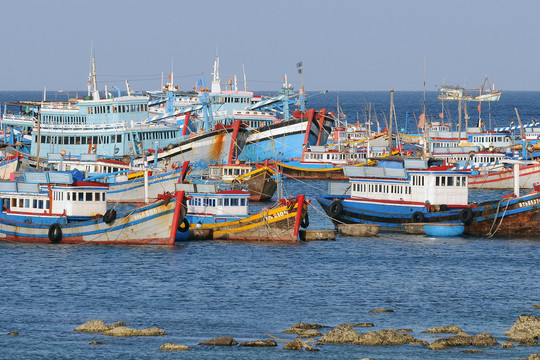
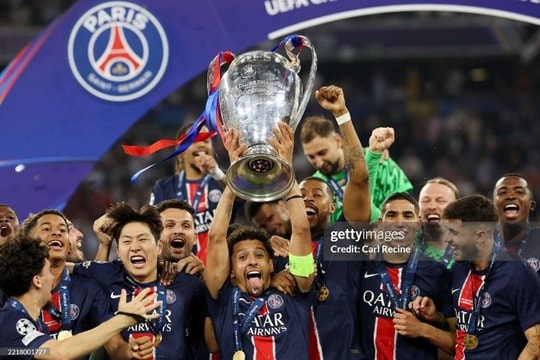

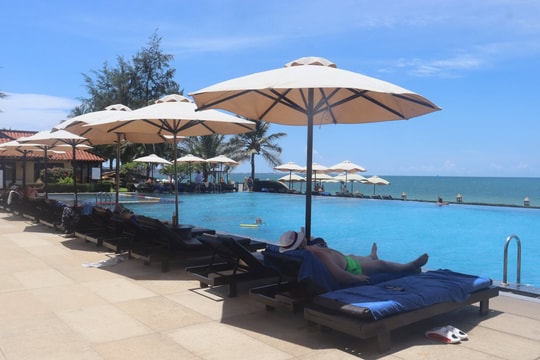
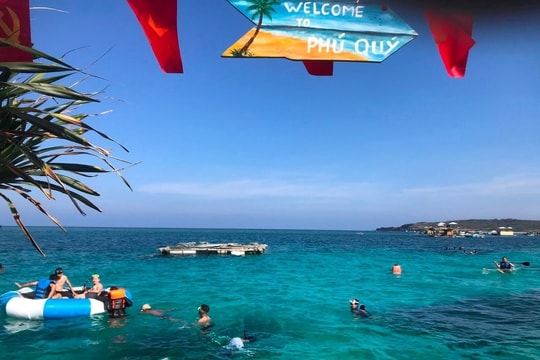
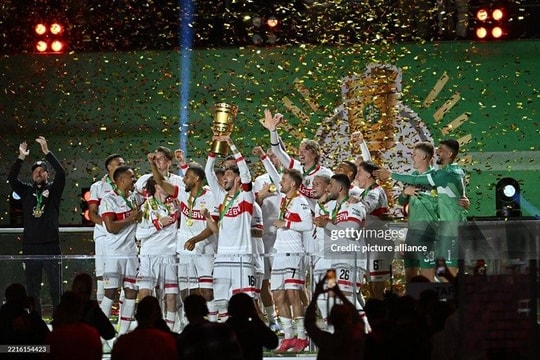
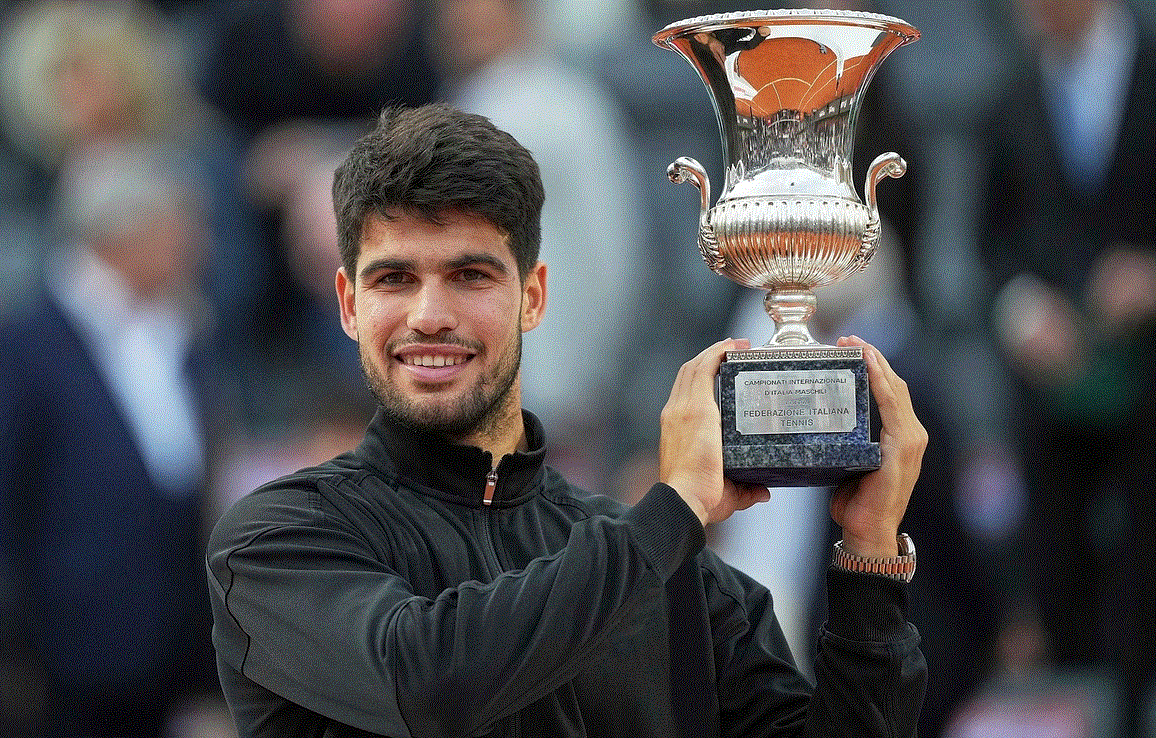
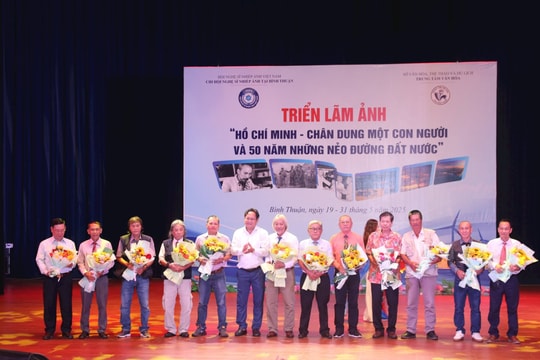
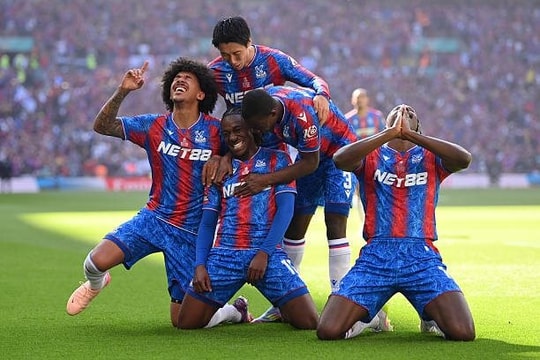

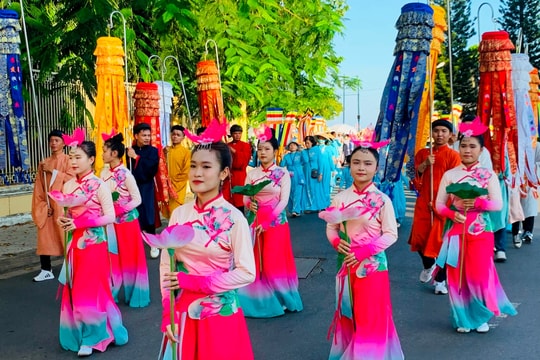
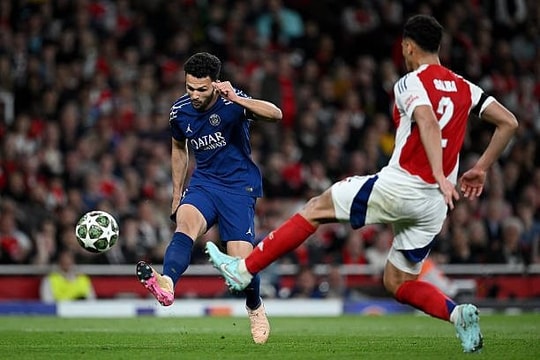


.jpg)
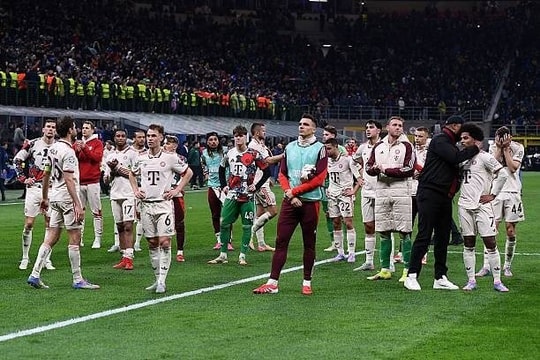
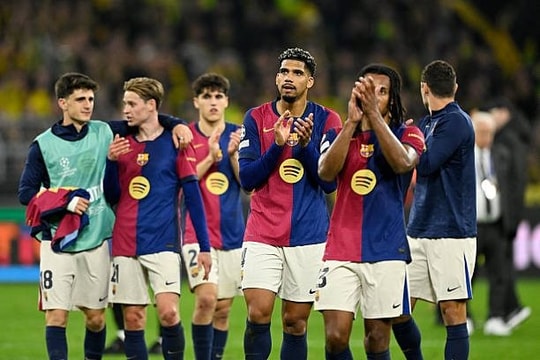
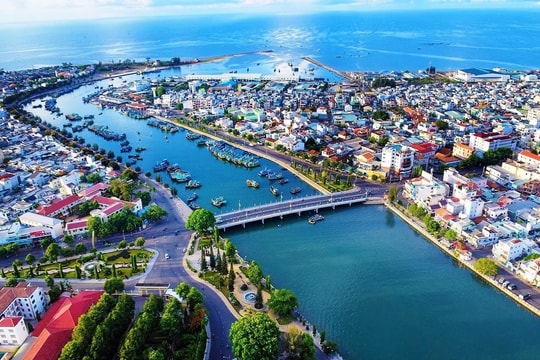
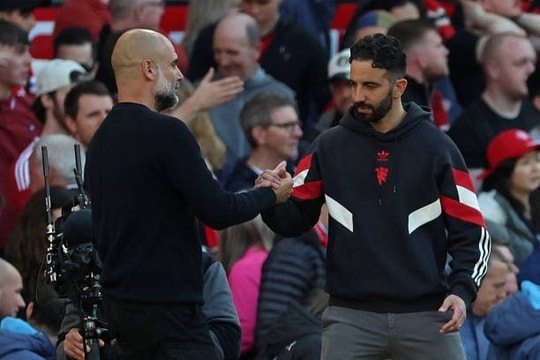
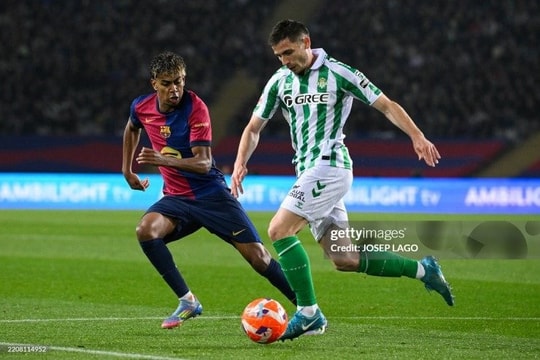
.jpeg)
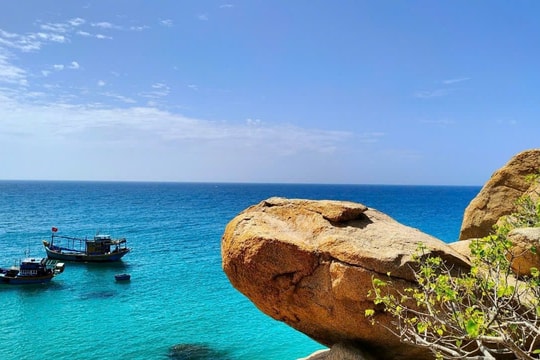
.jpeg)
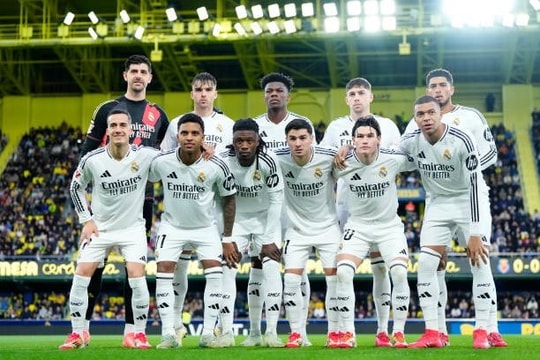
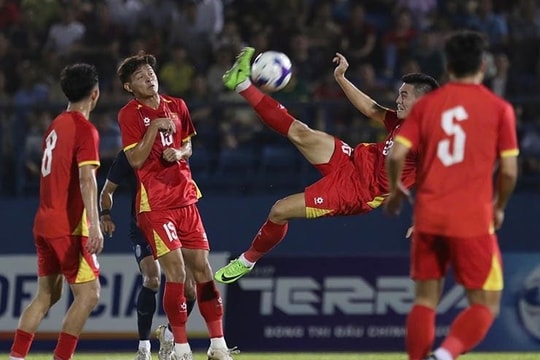
.jpeg)
